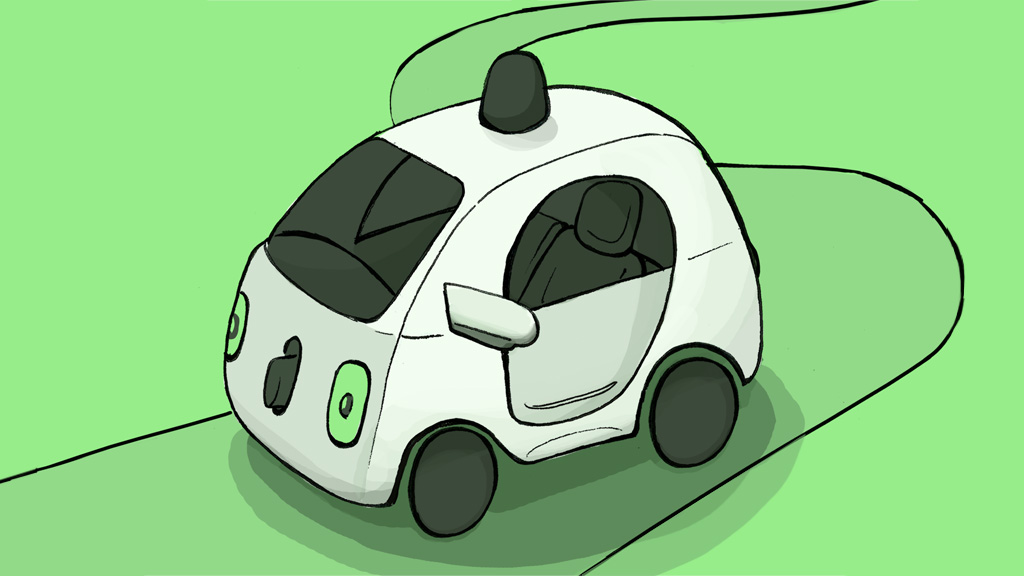Recently, one of Google's self-driving cars was pulled over.
While no ticket was given, it raised the question of who it would be issued to in such a situation. Bryant Walker Smith, an assistant professor in the University of South Carolina's School of Law, explained to The Washington Post that California law permits the testing of such technology if there is a human operator. So, subsequently, the operator would be responsible for any tickets given to the vehicle.
California — being where Google and others have conducted much of their testing — is relatively unique in having legislation in place. According to the National Conference of State Legislatures, only seven states (California, Florida, Nevada, Michigan, North Dakota, Tennessee and Arizona) and Washington D.C. have formally authorized the use of self-driving cars. Arizona has done so via executive order not legislation. States like Virginia and Texas, however, allow for their usage simply because it is not illegal, highlighting how little framework there actually is.
Out of the sixteen states to introduce legislation in 2015, eight bills are still pending and seven have failed. The companies developing and testing the technology are searching for states with accepting regulators, to avoid any complications from litigation or lawsuits. Dr. Ray Ptucha of RIT's Computer Engineering Department pointed out that New York state currently has legislation in the works, yet the technological shift is going to happen regardless.
"If we're the last state to get legislation for autonomous driving then all the technology is everywhere else - and all the other states - and not New York," Dr. Ptucha said. "New York is trying to pull manufacturing, pull technology, pull research, get the funding in here [and] have people start up their own companies."
The pace of government may prevent the technology from progressing too quickly. Ptucha acknowledged that it may "take time" to win the trust of many consumers; he believes that when self-driving cars do hit the market they will most likely be drivers' assistants and remain so for the first few years. Eventually, as the technology is improved upon and people's skepticism fades away, laws requiring a human operator will be lifted. Furthermore, when self-driving cars are safe and trusted enough, Ptucha believes that human operated vehicles will ultimately be phased out.
Autonomous vehicles are already very safe; Google touts the safety record of their self-driving car program. While their tests have been capped at 25 mph, altogether they have driven 1.2 million miles, "the human equivalent of 90 years driving experience" without a single ticket. For some, including Ptucha, the prospect of eliminating any potential human error — drunk driving, texting behind the wheel, distraction or misjudgment — might be convincing enough.
Some experts have been very vocal about the possible implications of the technology becoming so widespread. Author and technologist Dr. David Weinberger recently wrote about the prospect of cars on the road not only being self-driven, but eventually networked together — all having one central control. In such a scenario he argued that unlike the autonomous cars being designed and tested today, "self-preservation" should no longer be the top concern, suggesting that there may be potential accidents in which a car might sacrifice its own driver for the safety of another vehicle, or "the greater good" argument.
However some, like Ptucha remain skeptical that a network programmed with that much control will ever be put into place to begin with. Even when the technology progresses to a point where cars will be able to communicate with one another, he felt that each vehicle will still be an autonomous agent — prioritizing itself and the lives of its passengers. He noted how such a network could become a target for a cyber attack seeking to cause widespread damage and chaos. As mentioned before, consumers may already have reservations about the technology so it would be unwise to make them even more uneasy.








